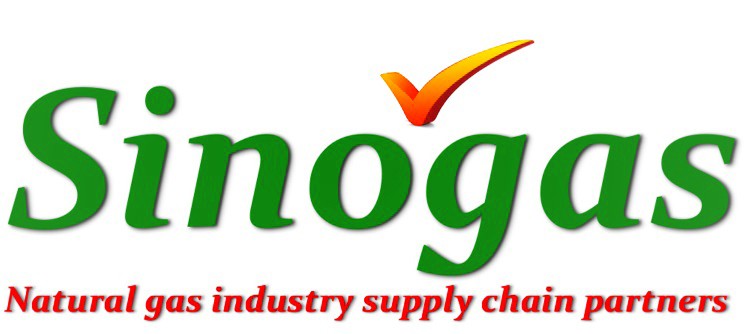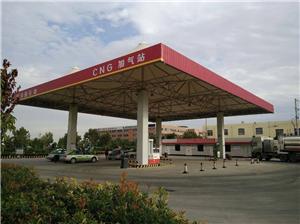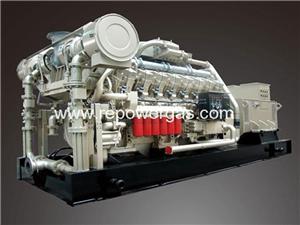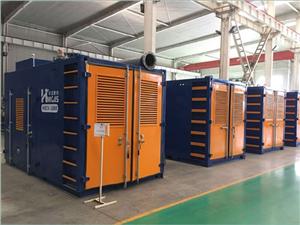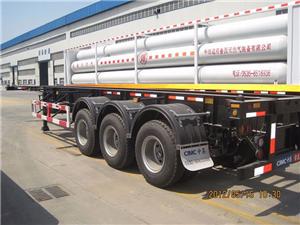Clean Energy Aims for 100% Renewable, Zero-Carbon Fuel (RNG)
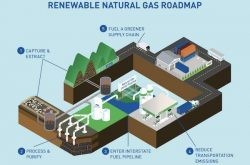
Clean Energy Fuels Corp. has set goals to offer Zero-Carbon Redeem™ renewable natural gas (RNG) at all of its fueling stations by 2025, summarized in its latest Corporate Sustainability Report. By transitioning exclusively to Redeem by 2025 and by achieving Zero-Carbon intensity, Clean Energy would outdistance other alternative fuels, including electric vehicles, which are not excepted to hit that mark until 2045.
“ In 2014, the first full year it was available, Clean Energy delivered more than 20 million gallons of Redeem to our stations, which represented 7 percent of our overall fuel mix. Last year, we delivered 110 million gallons of Redeem, which represents 53 percent of the RNG delivered in the market today. This demonstrates a significant growth in demand by our customers as they see switching to RNG as an economical and easy way to meet their own sustainability goals, ” said Andrew J. Littlefair, president and CEO, Clean Energy. “ Clean Energy’s own corporate vision is directly tied to reducing the impact of harmful emissions from the transportation sector, and as such we have committed to delivering carbon-free Redeem to all of our customers by 2025. ”
The leading North American provider of natural gas for the transportation industry, Clean Energy in its 2017 Corporate Sustainability Report outlined a three-pronged approach to expanding its Redeem RNG portfolio to 100 percent renewable energy:
Offer ZERO-Carbon fuel
Clean Energy is a powerful partner in the fight for clean air and is committed to reducing the carbon-intensity of its renewables portfolio to Zero-Carbon by 2025. This is 20 years ahead of California’s 2045 goal of transforming the state’s power supply to 100% renewable energy.
Provide Redeem renewable natural gas at all of its fueling stations
Dedicated to providing the cleanest fuel available, Clean Energy has established a goal of expanding its renewable fuel offering to all of its stations and its customers’ stations by 2025.
Reduce its carbon footprint by 25%
Clean Energy is committed not just to sourcing the cleanest fuel available, it is dedicated to having the cleanest natural gas fuel supply chain. Given this, Clean Energy has established a goal of reducing its companywide carbon footprint by 25 percent by 2025.
“ Renewable natural gas is a more immediate and affordable solution to achieving Zero-Carbon emissions in the transportation industry, and it’s well ahead of the advancement of electric trucks, ” said Ashley White, Clean Energy Director and Head of Sustainability. “ Clean Energy is committed not just to sourcing the cleanest fuel available but being the fastest to get to zero emissions. ”
In 2018, Clean Energy’s Redeem renewable natural gas fuel volume grew by 40 percent to 110 million gasoline gallons equivalents (GGEs), resulting in 665 thousand metric tons of greenhouse gas reduction. That is the equivalent of planting 11 million trees, removing 141 thousand gasoline-powered cars from the road, and recycling 232 thousand tons of landfill waste.
In response to the growing number of fleets requesting Redeem, Clean Energy has entered into agreements with BP and others to secure an increased supply of RNG. This should enable the stream of Redeem to rapidly grow over the next several years with new RNG production facilities under construction and more announced.
The Corporate Sustainability Report was prepared according to Global Reporting Initiative (GRI) Standards, the most widely recognized framework for sustainability reporting. Clean Energy will continue to track the percentage and carbon index of its fuel portfolio according to the California Air Resources Board (CARB) Low Carbon Fuel Standard (LCFS) lifecycle assessment tool, making progress available on an annual basis.
Clean Energy Fuels Corp. is the leading provider of natural gas fuel and renewable natural gas (RNG) fuel for transportation in the United States and Canada, with a network of approximately 530 stations.
Note: Zero-Carbon is based on the average carbon index score (approved by the California Air Resources Board) of Clean Energy’s fuel supply portfolio.
